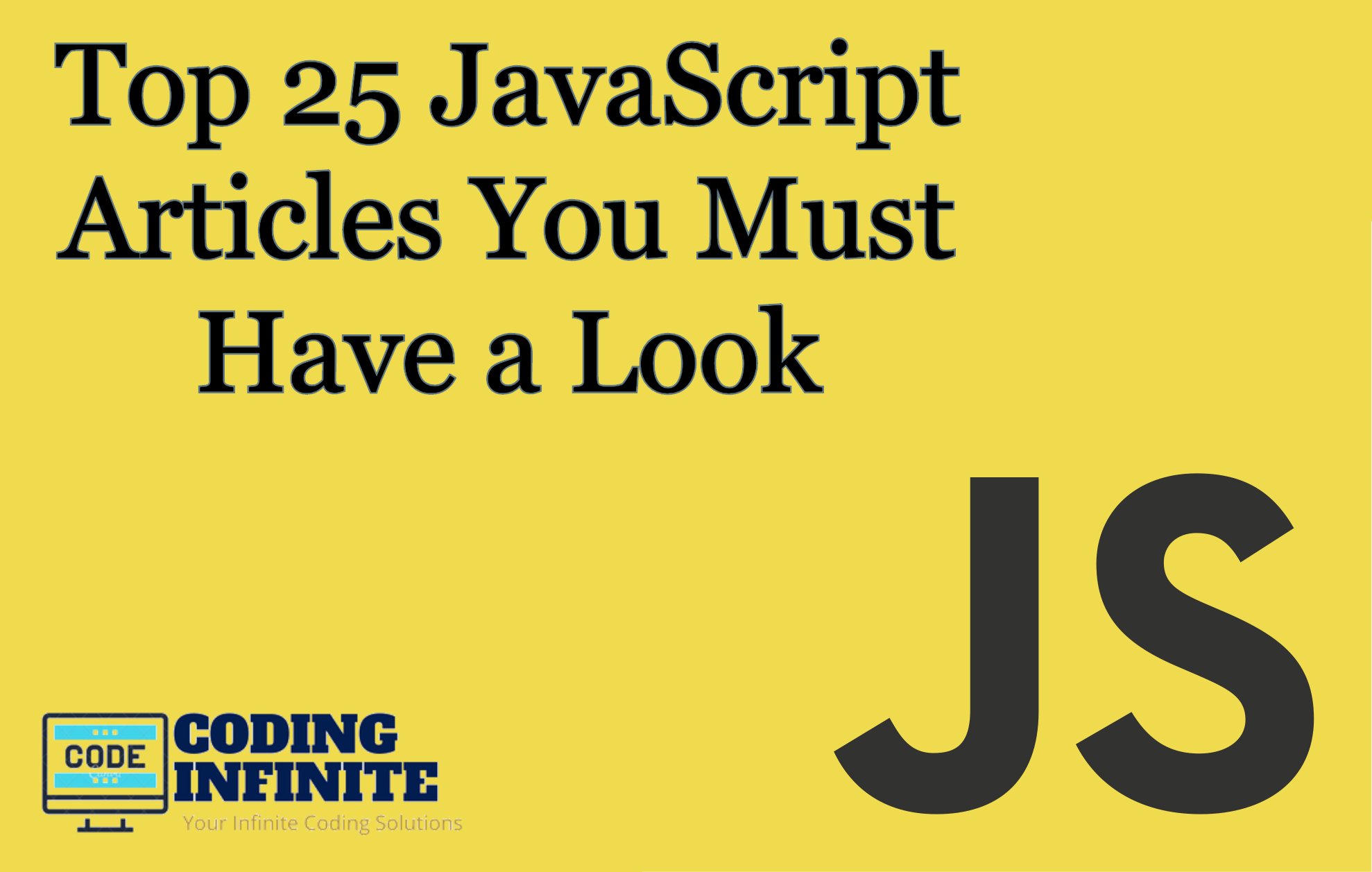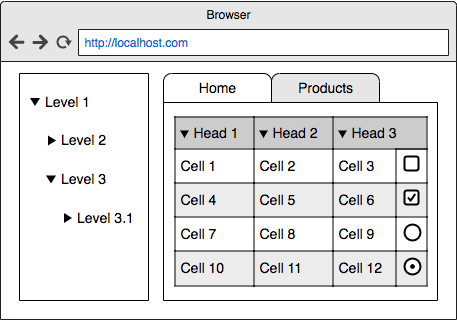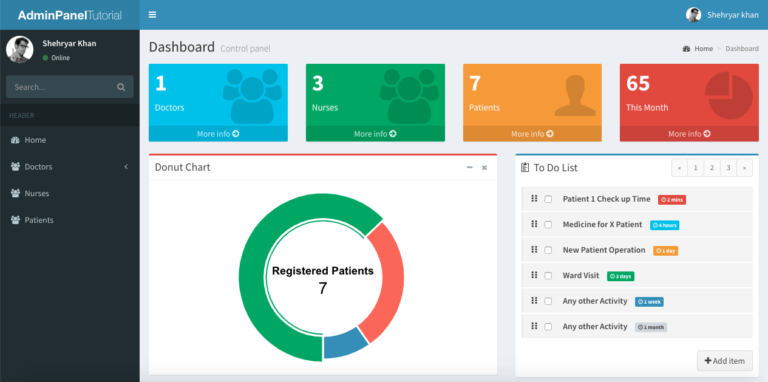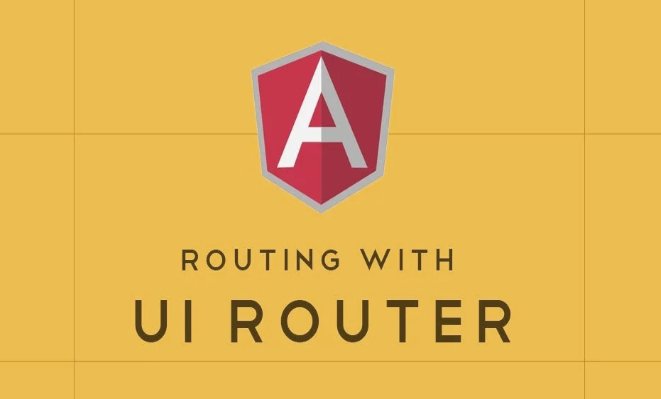Top 25 JavaScript Articles For The Past Month
JavaScript is one of the most popular programming languages in the world and is now widely used also outside the browser. With the growing needs that the web platform demands, JavaScript accommodate the needs of one of the most widely used ecosystems of the world. Many things were introduced in the platform, with browser APIs, but the language grew quite a lot as well. It is now widely used outside the browser. The rise of Node.js in the last few years unlocked back-end development, once the domain of Java, Ruby, Python, PHP, and more traditional server-side languages. It is a language that now powering databases and many more applications. It’s even possible to develop embedded applications, mobile apps, TV sets apps and much more. What started as a tiny language inside the browser is now the most popular language in the world.
Technical Definition of Javascript
JavaScript is a dynamic computer programming language. It is lightweight and most commonly used as a part of web pages, whose implementations allow client-side script to interact with the user and make dynamic pages. It is an interpreted programming language with object-oriented capabilities.
Why do you need to master this language?
- High level: It provides abstractions that allow you to ignore the details of the machine where it’s running. It manages memory automatically with a garbage collector, so you can focus on the code instead of managing memory locations, and provides many constructs which allow you to deal with highly powerful variables and objects.
- Dynamic: As opposed to static programming languages, a dynamic language executes at runtime. It gives us powerful features like dynamic typing, late binding, reflection, functional programming, object runtime alteration, closures and much more.
- Dynamically typed: A variable does not enforce a type. You can reassign any type to a variable, for example assigning an integer to a variable that holds a string.
- Weakly typed: As opposed to strong typing, weakly (or loosely) typed languages do not enforce the type of an object. This allows more flexibility but denies us type safety and type checking (something that TypeScript and Flow aim to improve)
- Interpreted: It’s commonly known as an interpreted language, which means that it does not need a compilation stage before a program can run, as opposed to C, Java or Go for example. In practice, browsers do compile JavaScript before executing it, for performance reasons, but this is transparent to you as there is no additional step involved.
- Multi-paradigm: The language does not enforce any particular programming paradigm, unlike Java for example which forces the use of object-oriented programming, or C that forces imperative programming.
You can write JavaScript using an object-oriented paradigm, using prototypes and the new (as of ES6) classes syntax. You can write JavaScript in a functional programming style, with its first-class functions, or even in an imperative style (C-like).
To get in-depth knowledge on Cutting edge technology that too completely hands-on, check out our website and the services that we provide to the large audiences here !!:)
Here we will discuss the top 25 articles on javascript for the past month that you should read.
1. The cost of Javascript in 2019 by Addy Osmani
Addy Osmani a javascript janitor shares how the change in the cost of javascript over the last few years has been a great improvement in reflecting how fast browsers can parse and compile script at #PerfMatters Conference 2019.
2. Javascript- How it’s made a video by Fireship
This video gives you the idea about computer science behind javascript. Discuss high level, single-threaded, garbage collected, interpreted, prototype based, multi paradigm, dynamic features of javascript.
3. How to Build minesweeper with Javascript by MITCHUM
This article helps you to learn how to build minesweeper with jquery and javascript.
4. Why [‘1’,’7’,’11’].map(parseInt) returns [1,NAN,3] in Javascript by Eric Tong
This article shows you the weird behaviour of javascript when you convert an array of strings into integers using map and parseInt and also shares the insights of this weird nature when working with javascript.
Why [‘1’,’7’,’11’].map(parseInt) returns [1,NAN,3] in Javascript
5. Object-Oriented Programming – The Trillion Dollar Disaster by Ilya Suzdalnitski
This article shared the true criticism of OOP languages and how we can resolve these issues by writing better code.
6. Everything you need to know about Date in Javascript by Zell Liew
Discussing different ways to deal with dates while working with javascript.
7. So you think you know Javascript? by Amandeep Singh
This is quite an interesting article which has various interesting questions on the concepts of javascript with apt solutions as well.
8. Modern Javascript, 10 things you should be using, starting today by christoffer noring
This article has the 10 ideas of modern javascript which you should try and understand to improve the user experience.
Modern Javascript, 10 things you should be using, starting today
9. Decouple your Javascript using Event-Driven Programming by Luke Wood
Here the author Luke Wood wrote frontend in Vanilla javascript to use an event-driven model and the shows the extremely well results that came into the picture.
10. Tetris turns 35 – Javascript Teacher by Javascript Teacher
The author Tetris on turning 35 wrote about javascript in his Github repo. In this article, he shares his learning and lessons he gets from it.
11. Google Javascript style guide by Google
This guide serves as the complete definition of Google’s coding standards for resource code in the javascript programming language.
12. Designing very large Javascript Application by Malte Ubl
Here the author shares her idea and insights she receives after writing large javascript applications.
13. An overview of Javascript testing in 2019 by Vitali Zaidman
It gives you an overview of how javascript testing can be done.
14. Learning where you are looking at (in the browser) by Max Schumacher
This article helps you to learn complex computer vision problem right in the browser using Tensorflow’s Javascript Library.
15. Experimenting with brain-computer interfaces in JavaScript by Charlie Gerard
This article is a combination of neurotechnology and javascript together.
16. A Web Developer’s Guide to Machine Learning in JavaScript by Robin Wieruch
This article gives you the proper guide on how to apply machine learning in javascript.
17. JavaScript engine fundamentals: optimizing prototypes by Mathias Bynens
This article shares various optimization techniques achieved while working with javascript engine fundamentals.
18. How JavaScript works: the rendering engine and tips to optimize its performance by AlexanderZlatkov
This is a true guide on how javascript works and leads to the optimization of its performance.
How JavaScript works: the rendering engine and tips to optimize its performance
19. Handling Errors in JavaScript: The Definitive Guide by Lukas Gisder-Dubé
It gives you different ways on how to deal with errors while working with javascript.
20. The Ultimate Guide to Javascript Frameworks by John Hannah
This article gives you insights about the various frameworks of javascript.
21. The Brutal Life cycle of JavaScript Frameworks by Stack Overflow
This article gives you the insights of some prominent UI frameworks like Angular, React, Knockout, Ember and so on to avoid various cycles that occur while working on javascript framework,
22. Understanding Asynchronous JavaScript by Sukhjinder Arora
This article helps you to understand the Asynchronous javascript.
23. Two Years of Functional Programming in JavaScript: Lessons Learned by Victor Nakoryakov
The author shares his experience of working two years on functional programming and the lessons he learned.
Two Years of Functional Programming in JavaScript: Lessons Learned
24. Functional Programming Principles in Javascript by Teekay
This article has different principles in which functional programming in javascript works.
25. 5 Tips to Write Better Conditionals in JavaScript by Jecelyn Yeen
In this article, the author shares the 5 tips to write better conditionals in javascript.
In this blog, we covered most important articles on javascript for the past month which will help you to get insights of this language and help you to build some amazing interactive elements for web pages which will enhance the user experience. If you like this curation, read more articles at our blog!!
Here’re some more related Articles by CodingInfinite:
Realtime moving Cars on Google Maps JavaScript & Google Firebase






